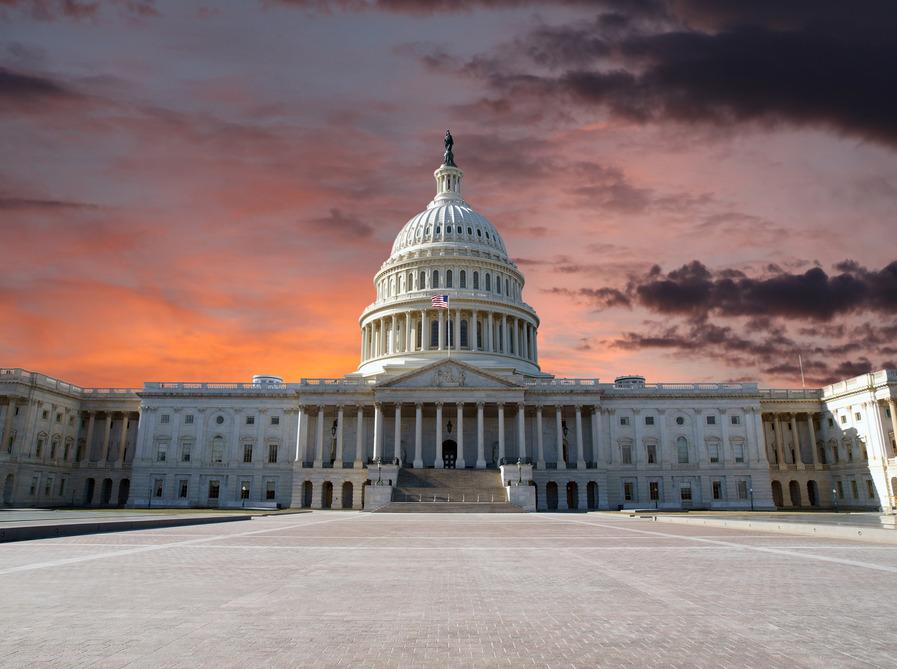The Arlington Memorial Bridge is an iconic landmark of Washington, D.C. The bridge itself, while beautiful, is literally falling apart. Inches of what should be concrete have turned to gravel. Last month, the National Park Service announced the bridge would be closed in five years unless major repairs were made.
The deadline to apply for the necessary grants was nearly missed by the Park Service. The grand pronouncements of impending doom from the agency, coupled with its near inability to apply for the necessary grants through the U.S. Department of Transportation, have highlighted the difficulties and inefficiencies within the systems dedicated to upholding the infrastructure of the U.S.
This comes at a time in which that infrastructure is under intense scrutiny. According to a report by the New York Times in 2015, deficient bridges and roads have caused more than 77 deaths and more than 1,400 injuries in the U.S. Many disasters, including the Flint water crisis, have garnered national attention about the need of infrastructure reform. The United States was once home to an enviable system of roads, bridges, pipelines, and assorted infrastructure that is now significantly lacking.
Not only is a deficient infrastructure dangerous, it hurts economic activity. Roads and waterways are essential to the movement of goods through the nation, while the constant patching of roads and failure of infrastructure costs individuals and businesses billions in lost time and productivity, according to a study by the National Economic Council in 2014.
Most infrastructure spending comes from state governments, making the condition of U.S. infrastructure highly variable. In 2015, the American Society of Civil Engineers gave Iowa a C-plus or lower for every aspect of infrastructure but solid waste, in which Iowa scored a respectable B-plus. Aside from plumbing, the majority of Iowa’s infrastructure, including levees, dams and bridges, are dangerously underfunded. The engineers’ society found that one in five bridges in Iowa is structurally deficient, making it the third-worst in the nation. While the removal of defunct bridges has become a priority for cities and counties in Iowa, the progress is not occurring fast enough.
Iowa is not alone in its weak infrastructure. An increase in federal spending could lead to more resources at the state level to reform and reconstruct infrastructure. The Park Service has inadvertently revealed a perhaps equally important need at the federal level — a simplification of the grant process. Increasing spending alone may not be sufficient to solve the infrastructure problems facing our states. Without an effective method of allocating funds, billions of dollars will continue to be squandered on short-term fixes and wasted productivity.
RELATED: Iowa can be a role model for LGBT rights
Keeping Iowa’s coffers full is also an essential part of the process of renewal. Iowa Republicans have previously considered the idea of lowering or removing the income tax, similar to the moves taken in Kansas. The Kansas tax experiment proved to be, at least in the short term, an absolute disaster. Still, Iowa Republicans contend that the income tax is stifling economic activity. The income tax directly funds Iowa’s education and infrastructure budgets, to name just two of the vast networks of important functions paid for by the income tax.
The United States faces an infrastructure crisis. The Daily Iowan Editorial Board sees a few reasonable measures as necessary in order to avoid internal collapse. Simplification of the federal grant system coupled with a large increase in infrastructure spending is essential to keep monumental architecture and small-town bridges intact. Further, state funding must continue to be allocated, and state funding is made possible through the income tax. Supporting the income tax is supporting Iowa schools, roads, dams, water systems, levees, and the list continues. There isn’t an Iowan who doesn’t come into contact with these systems, and they are vital for the economic well-being and longevity of the state and the nation.



